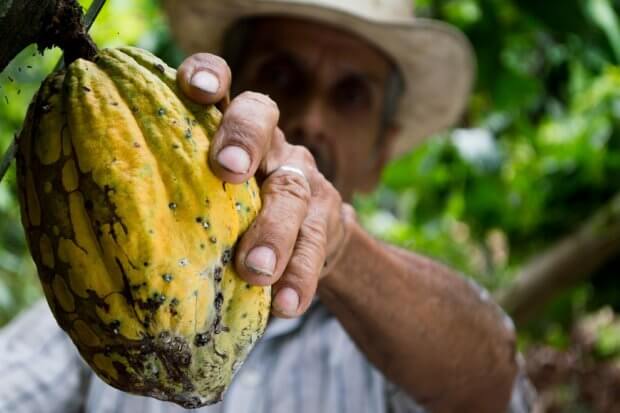A workshop to better understand the interactions between environmental change and climate change and the risk of zoonotic emergence in Belgium
On 4 June 2025, a workshop on zoonoses (diseases that are transmitted between animals and humans) took place at the FPS Public Health, Food Chain Safety and Environment. The objective was to assess the risk of their emergence in Belgium and their prevention in the light of socio-environmental drivers that impact our society.

Why this event?
In a world facing an increase of human diseases of animal origin, it is essential to reflect on integrated action between all sectors to prevent the emergence of zoonoses, in an approach complementary to crisis response. The event explored, among other things, the link between the risk of zoonosis emergence and our agricultural practices, our choices of land use planning and urban planning (such as land artificialization or the greening of cities), our interactions with wildlife, our outdoor tourist activities or our consumption and travel patterns linked to globalization.
This event was an opportunity to highlight various elements relevant to Belgium:
- The current situation with regard to zoonoses, climate projections for Belgium and the analysis of the risk to human health;
- A review of scientific literature with a view to understand the impacts of anthropogenic climate change and environmental change on the emergence of zoonotic diseases;
- A preliminary mapping of Belgian actors in the field of zoonoses;
- Avenues for prevention at source through six priority activities for Belgium:
International Movements of People, Animals and Goods
Tourism and outdoor recreation
Animal handling
Agriculture (livestock)
Land use change
Belgium’s international policy
Below you will find:
The ZooBiodiv study by Sciensano and the FPS Public Health, Food Chain Safety and Environment, with support from the Belgian Biodiversity Platform (BBPf)
The 2025 memorandum of the Belgian expert group PREZODE







